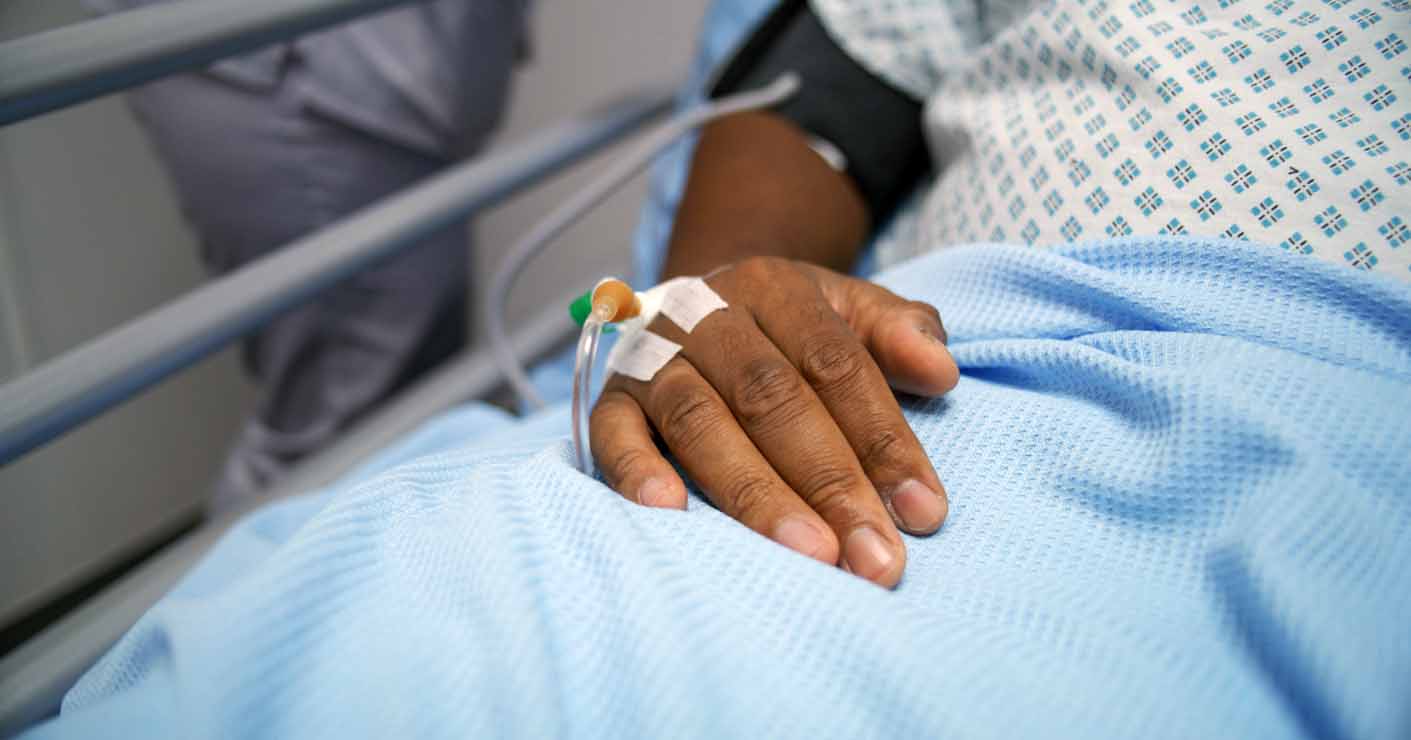The greatly anticipated Five Year Forward View was published in October last year (NHS England, 2014). This document sets out the key challenges currently facing the NHS, and what politicians need to do to ensure that the service remains sustainable for future generations. The plan is ambitious and speaks of many of the challenges that I see in my work every day. We all know that obesity is a huge concern; that people benefit from having greater control over decisions affecting their health; and that promoting better mental health for people with all long-term conditions, not just diabetes, should be a priority.
The Five Year Forward View stresses the importance of tackling health inequalities but unfortunately it does not reference one of the most important issues that needs to be tackled: health among black, Asian and minority ethnic (BAME) groups. My local authority of Brent has one of the highest BAME populations in London and there are significant cultural and socio-economic challenges preventing the delivery of care and the improvement of outcomes. Diabetes in BAME communities is a hidden public health crisis.
Diabetes in BAME groups
In the diabetes clinical community, it is well known that, compared with the general white population, South Asians are up to six times more likely to develop type 2 diabetes, while people of African or African Caribbean descent are up to five times more likely to develop type 2 diabetes (All Parliamentary Group for Diabetes and Diabetes UK, 2006). Despite these figures, a study by Diabetes UK found that less than 33% of people from black African or black African Caribbean backgrounds, and only 25% of people from South Asian backgrounds, are aware that type 2 diabetes can lead to health complications such as amputation, heart attack, blindness and stroke (Diabetes UK, 2013). This lack of awareness among this high-risk group is a serious concern.
Low awareness of the issue is further complicated by a range of cultural, socio-economic and language barriers, which can include the reluctance to acknowledge that diabetes is a problem, an unwillingness to start insulin treatment or alter dietary habits, and higher levels of childhood obesity in BAME communities. Furthermore, higher levels of poverty among people from BAME backgrounds means that they tend to have poorer health than the rest of the population.
In addition, the SABRE (Southall and Brent Revisited) study found that almost half of all people of South Asian, black African and black African Caribbean descent will develop diabetes by the age of 80 (Tillin et al, 2013). Throughout the UK, we have a growing, ageing BAME population that is not getting the necessary care and support that is needed. Many areas do not have a strategy for addressing this issue and the problem is only getting worse.
Parliamentary working group
In November last year, I was fortunate to be part of a working group to look at ways of ensuring that the NHS is acknowledging the impact that diabetes has on BAME communities. This working group was convened by Virendra Sharma MP and comprised diabetologists, diabetes specialist nurses, pharmacists and politicians, as well as representatives from Brent Clinical Commissioning Group, a representative from the African Health Policy Network and representatives from the funding company, Janssen.
The working group members met in November 2013 in Parliament to discuss some of the key challenges in tackling the high prevalence and poor outcomes for people with diabetes in BAME communities. The discussion was recorded and was developed into a draft report. Working group members provided case studies or examples of best practice while shaping the content of the report.
The finalised report, Diabetes in BME Communities: Raising awareness, improving outcomes and sharing best practice, was launched by the working group in the summer at a parliamentary launch event. This report aimed to highlight the problem and called on the NHS to do more to prevent the increasing number of people from BAME communities from developing type 2 diabetes (Sharma et al, 2014).
The report calls on Clinical Commissioning Groups, Health and Wellbeing Boards and Local Authorities to draw up and implement local strategies. A good example was the initiative developed by Bradford City Clinical Commissioning Group, Beating Diabetes. This strategy aimed to improve outcomes in BAME groups in the local area, and specifically to encourage younger people from these communities to have an NHS health check. A further aim of this strategy was to improve understanding of diabetes among people from BAME groups, including awareness of the long-term complications of diabetes that can occur if it is not managed correctly. This initiative in Bradford proved very successful and was a finalist in the 2014 Primary Care Innovation Award by the Health Service Journal.
The report also describes eight case studies and examples of best practice from across the UK, including a South Asian Specialist Intervention Clinic and a Glasgow Minority Ethnic Long-Term Medicines Service.
Support at national level
A key element of success is to ensure that these local initiatives are supported at a national level. Policy makers and politicians should recognise that there are vast health inequalities in BAME communities with regard to diabetes and other long-term conditions, and that addressing this should be a priority.
Disclaimer
This article was written with the support of Insight Public Affairs, who are funded by Janssen.




Developments that will impact your practice.
22 Dec 2025